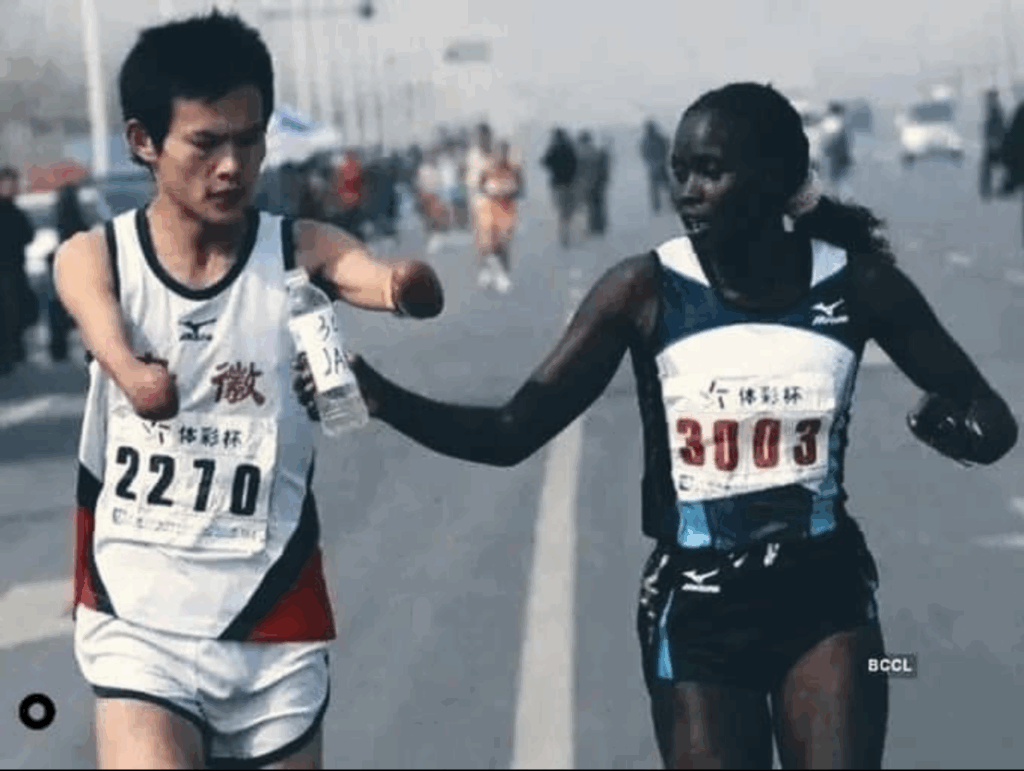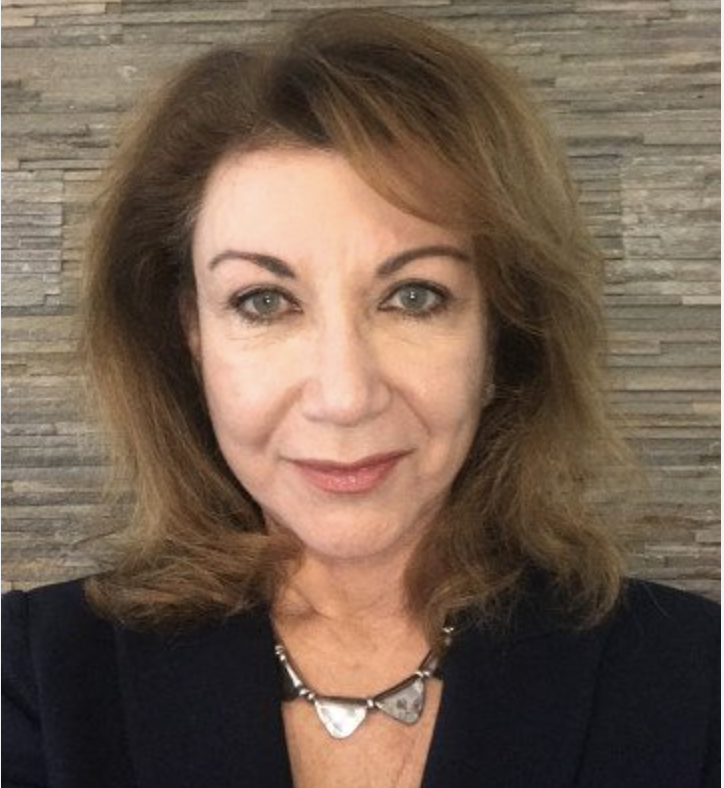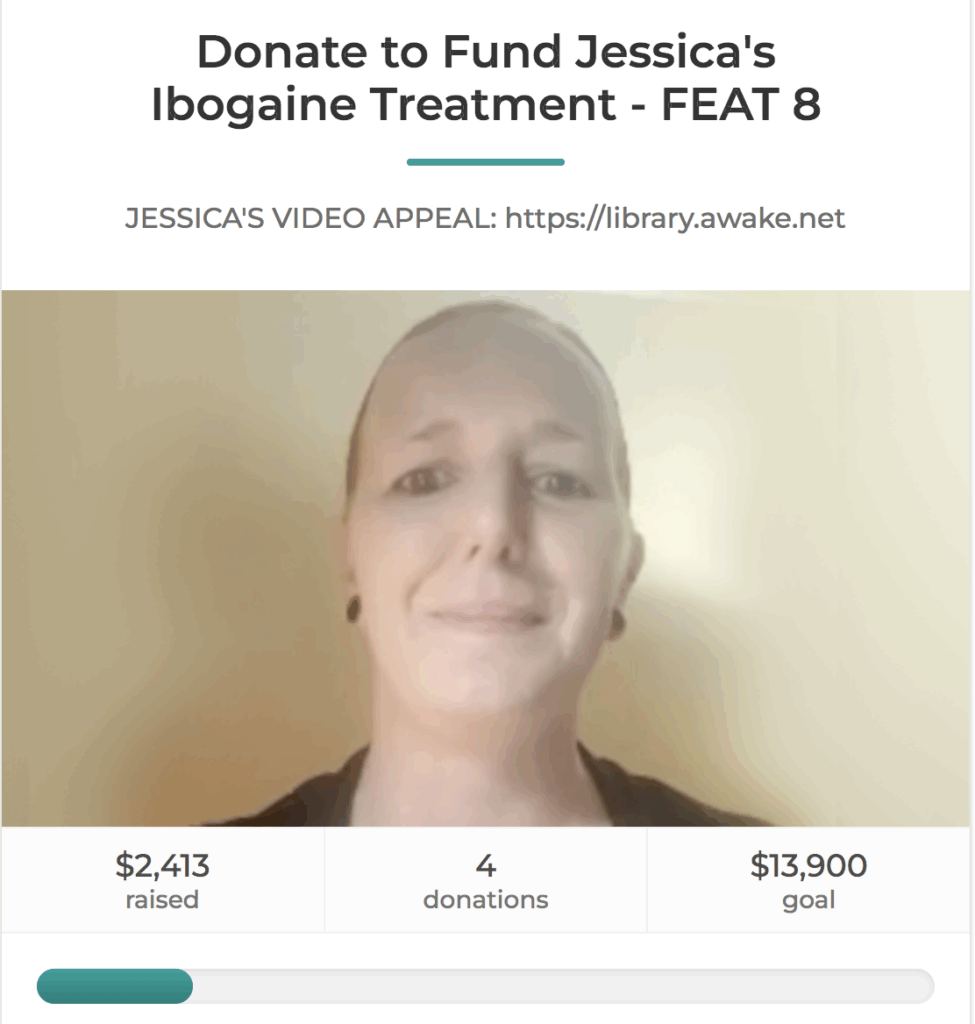Transgenerational Trauma
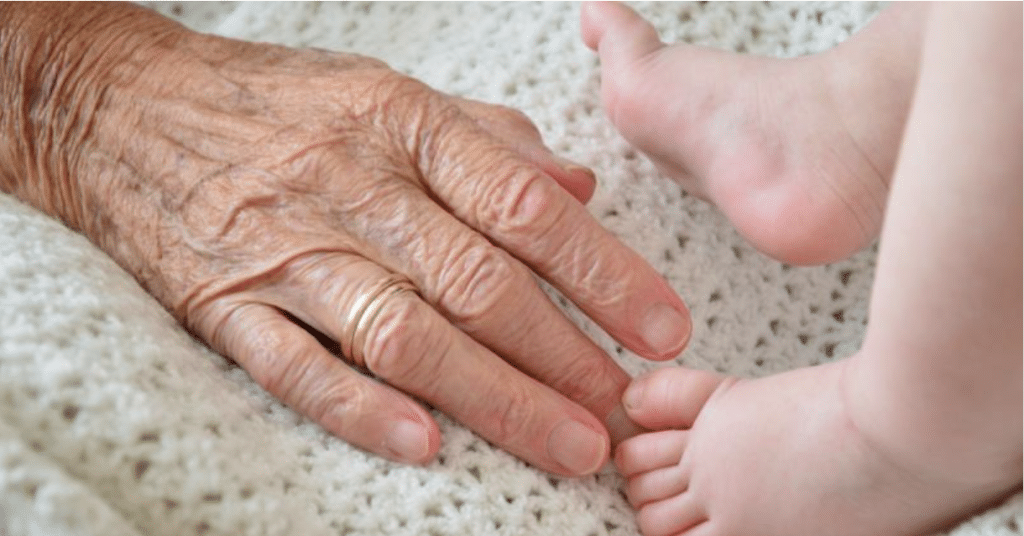
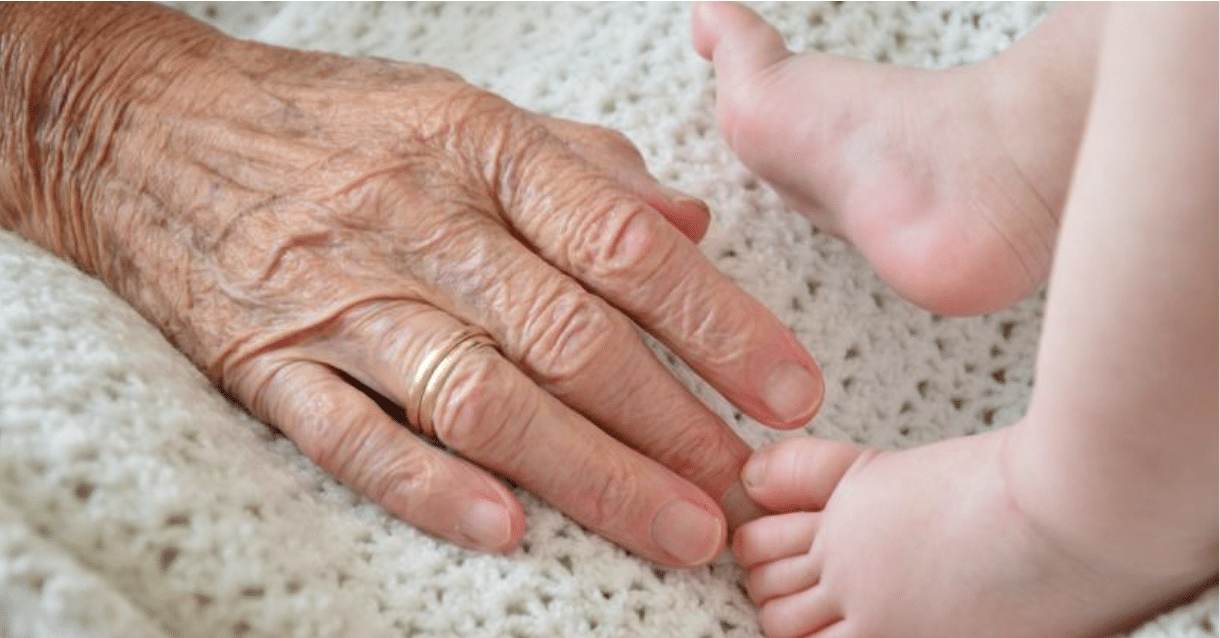
Transgenerational trauma must be seriously taken into account, as it is a transference of one of the greatest distressing impacts where the mental-emotional, physical, social, cultural, racial, ethnic, religious or spiritual pain suffered by a person at a given moment in their history is transmitted to new generations.
In many cases one might feel out of control of the situation.
Some causes of the transgenerational trauma can be the loss of the loved one, a natural disaster, refugee status, victims or survivors of Holocaust, living with a parent or partner who misuses substances, severe illness or injury, or witnessing an act of violence etc.
When one experiences that kind of trauma one usually has mental-emotional and/or physical reactions. This can appear as anxiety, panic attacks, flashbacks, trouble sleeping, feeling disconnected or confused, or withdrawing from others etc. In children and adolescents this might present as an attempt to avoid school, tummy aches, problems with sleeping such as nightmares, problems with eating, anger or frustration, show of attention-seeking behaviors, etc.
With all of the above mentioned, one can now consider a transgenerational trauma as a transmission through attachment relationship where a family member (or dear and closed ones or associates etc.) or ancestor at a particular event or place had experienced relational trauma and had a significant impact upon individual across the lifespan or generations including the predisposition to further trauma.
Transgenerational trauma is a severe traumatic event that began decades or centuries prior to the current generation and has impacted the way the ( two-legged ones aka) individuals understand, cope with, and heal and cure it. Transgenerational trauma gives us, as psychic Ian’s and/or therapists, the lens of wandering. Is this dysfunctional pattern for this ( two-legged one aka) person’s family or ancestry? And how can one break this cycle? Luckily for us, the physicians and/or therapists, this transparent lens is becoming more and more and more common and is finally given a much more serious focus than in the past.
How does that show up in an individual or families or generations? It can affect a wide variety of an individual or families or generations and show up in many ways that one might not usually think of such as:
An individual or a family (or for generations) might seem mentally-emotionally blunt and/or mentally-emotionally numb or have strong hesitations about discussing certain thoughts, topics or feelings or emotions.
An individual or a family or past generations might see discussing certain thoughts, topics or feelings or emotions as a sign of weakness.
An individual or a family or past generations might have trust issues with non locals aka foreigners and/or ‘outsiders’ and seem continuously conflictual and destructive.
Some individuals or families or past generations might seem anxious or nervous and overly protective of their children or family members or dear and close ones or associates, even when there is no threat of a real danger.
It can also show up in deleterious individual or family relationship boundaries thus subconsciously and unconsciously learning unhealthy survival behaviors etc.
What can one do to stop transgenerational trauma from continuing?
The ability to feel safe and protected is probably the most important aspect of mental-emotional health.
When one grows up with family dynamics that make one feel unsafe, unprotected, unvalidated in one’s thoughts, feelings, emotions and experiences one can struggle very much to move past one’s personal and transgenerational trauma.
One of the physician’s and/or therapist’s essential jobs in therapy is to help one’s patients experience what is known as felt safety, which is an empathic and compassionate relationship based on the physician’s and/or therapist’s unconditional and pure acceptance of the individual’s thoughts, feelings, emotions, experiences and above all real needs.
With transgenerational trauma, it’s extremely important to help the patient think and feel in terms of the identified problem being something that they were born into, not a problem that they have created for themselves, although it might appear so.
Our therapeutic team has the appropriate therapeutic tools to help one and one’s family digest, process, heal and potentially cure transgenerational trauma.
It is the physician and/or therapist’s job to assess the patient holistically, meaning looking at the ( two-legged one aka) person, their present and past generational environment, and painstakingly work therapeutically to help the patient fully understand the meaning of the transgenerational trauma so he or she can best heal and cure it. When one does this, it can help bring to light the, ‘Why do I do this? behind the negative, dark, self-destructive, miserable behavior or demeanor that is affecting the patient’s life.
DrAndrewMacLeanPagonMDPhD2023
( द्रुविद् रिषि द्रुवेद सरस्वती Druid Rishi Druveda Saraswati)
All rights reserved.
Recommend0 recommendationsPublished in Gaia's Pharmacy with Dr Andrew Maclean Pagon, UncategorizedSubscribe to Awake Events & Posts

